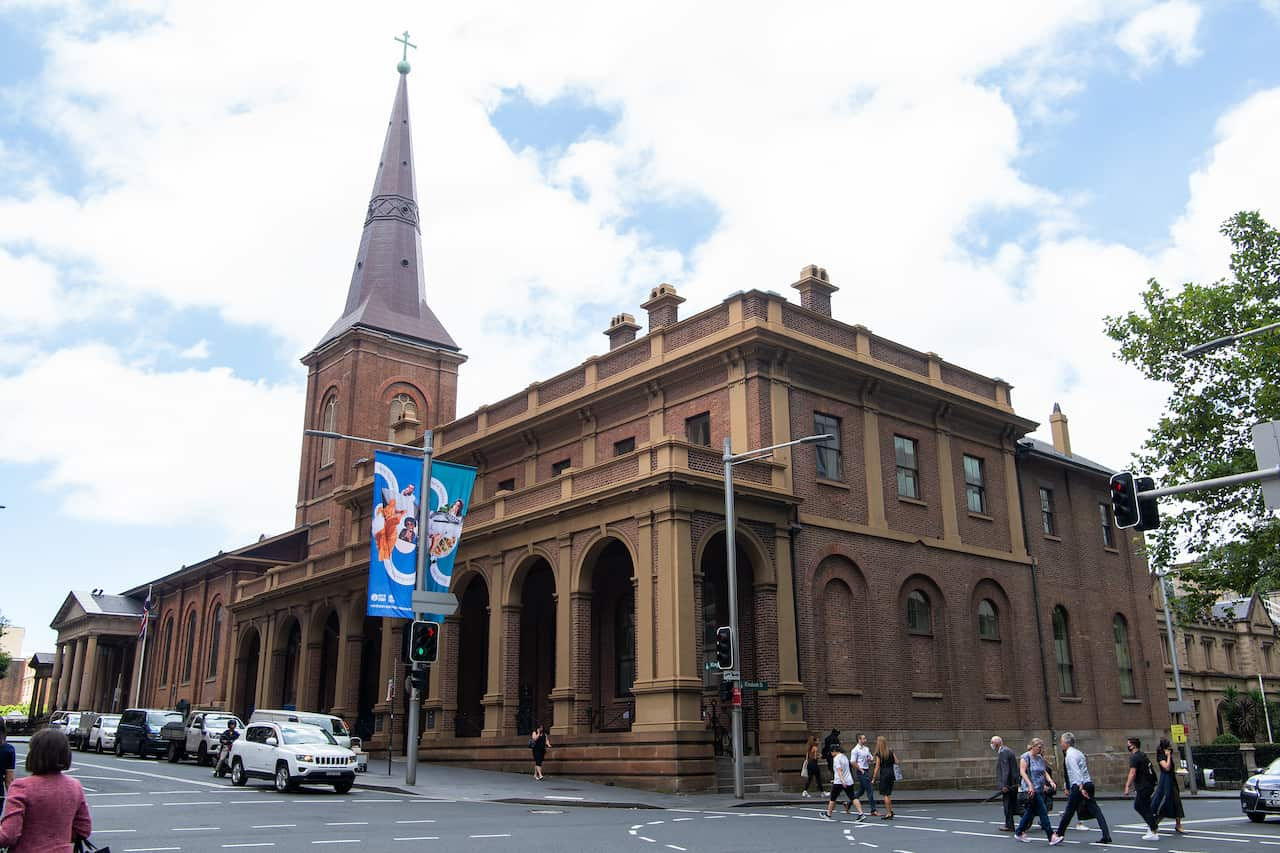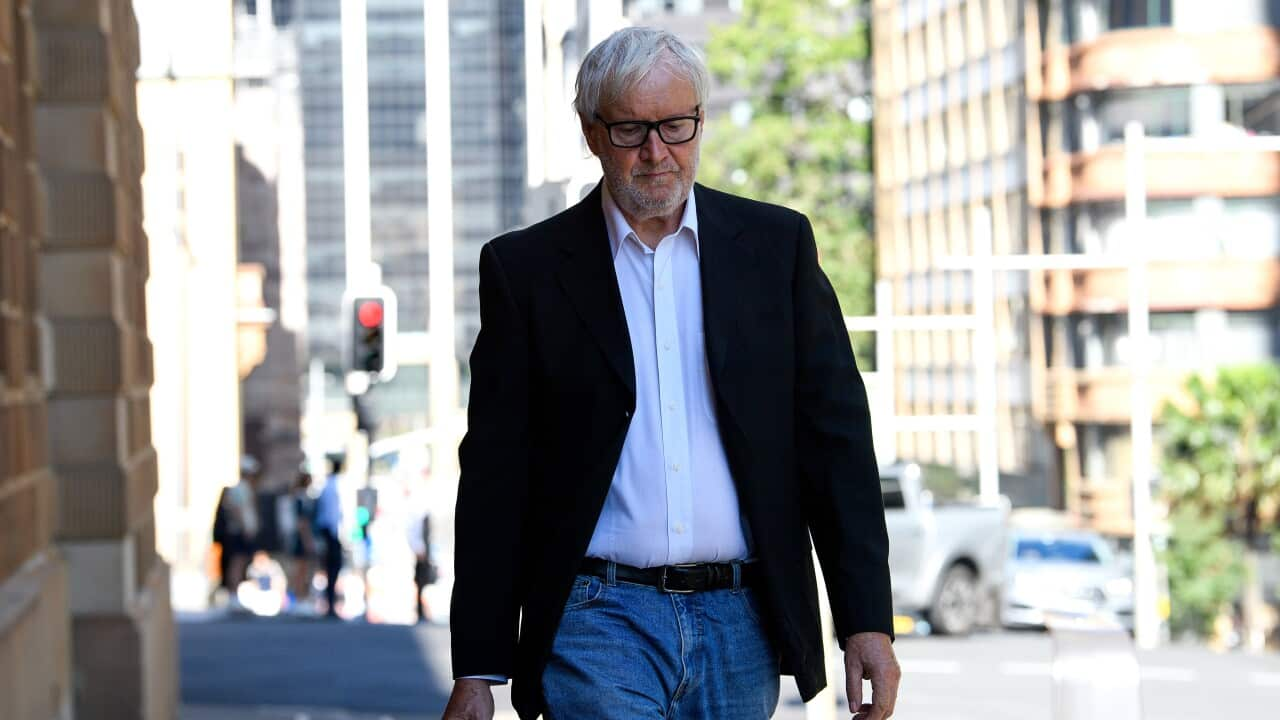Who are the ‘Croatian Six’?
The ‘Croatian Six’ are a group of Croatian-Australian men convicted in 1981 of planning to carry out bomb attacks across Sydney in what the court heard was a bid to highlight their campaign for Croatian independence from Yugoslavia.
The trial court heard that the apparent targets included several community or business locations with links to Yugoslavia and Sydney Water infrastructure.
Maksimilijan Bebic, Mile Nekic, Vjekoslav Brajkovic, Tony Zvirotic, and brothers Joseph and Ilija Kokotovic were arrested in raids in Sydney and the New South Wales town of Lithgow in February 1979.
Arrested with them was a man they knew as Vico Virkez, an apparent co-conspirator who reported the alleged plot to Lithgow police.
Following a 172-day trial in the NSW Supreme Court – the longest criminal trial in Australian history – each of the six men was sentenced to 15 years in prison.
Virkez, who would become the crown prosecution’s key witness in their trial, received a two-year sentence and returned to Yugoslavia upon release.
The ‘Croatian Six’ have always maintained their innocence, claiming they were framed by Yugoslav secret police with help from Virkez.
They have consistently denied that explosives and bomb-making devices were found in their homes, and have contested verbal admissions of guilt presented as evidence in court.
Appeals to the NSW Court of Criminal Appeal and the High Court of Australia were unsuccessful, as were later petitions to the NSW government for the case to be reviewed.
What is the judicial inquiry addressing?
In 2022, NSW Supreme Court judge Robertson Wright a judicial inquiry into the convictions citing “doubts” and “questions” concerning the trial evidence given by police officers and Virkez.
Declassified ASIO documents reveal Australia’s domestic spy agency ASIO identified Virkez as an informant for the Yugoslav consulate in Sydney with suspected links to Yugoslav intelligence.
NSW Police and ASIO knew Virkez – a Serbian migrant whose real name was Vitomir Misimovic – had assumed a Croatian identity and reported on Croatian community activities to the Yugoslav consulate.
Virkez told ABC Four Corners in 1991 that he was instructed to testify against the men and could not say if they were guilty of the charges against them.
The Supreme Courts of New South Wales are hosting the hearings. Credit: BIANCA DE MARCHI/AAPIMAGE
The key questions being examined by the inquiry are, what did Commonwealth and NSW Police, ASIO and the Crown prosecution know about Virkez’s identity and activities, and when? Why was information about Virkez not shared with defence lawyers at the trial? And did withholding the information lead to a miscarriage of justice?
The inquiry – with Judge Robert Hulme presiding – is also examining the conduct of police involved in the arrests and investigation.
It aims to determine if the convicted men verbally admitted to participating in a bombing conspiracy – and if so, why were the NSW Police records of their admissions not signed? And were they coerced or threatened into making those admissions?
Impact on the Croatian Community in Australia
Doris Bozin is a Canberra-based lawyer who has been involved in the campaign to exonerate the ‘Croatian Six’ for four decades.
She said there is a sense of apprehension in the Croatian-Australian community due to “repeated let-downs and erosion of trust in some Australian institutions”.
Bozin said many of the families of the ‘Croatian Six’ feel “let down, disillusioned and bitter towards Australian institutions”.
She hopes the inquiry “will exonerate Australian Croatians from unjust extremist and terrorist labels”.
Marko Franovic, a Sydney businessman and prominent figure in the Croatian community, believes that the inquiry will play a part in exonerating “all Australian Croats”.
The inquiry so far
Hearings commenced in December 2023 with evidence from one of the convicted, Vjekoslav Brajkovic, and a seventh Croatian-Australian man Joseph Stipic, who was arrested with the others but never put on trial.
In March and April 2024, the inquiry heard from former NSW Police officers involved in the investigation.
The most high-profile among them is Alastair Milroy, who went on to become the head of the Australian Crime Commission.
During his lengthy testimony, a question was whether NSW Police had informed the crown prosecution about Virkez’s connections to the Yugoslav consulate in Sydney.
A Detective Senior Constable with the NSW Police Breaking Squad at the time of the ‘Croatian Six’ arrests and trial, Milroy told the inquiry that information held by NSW Police regarding Virkez’s contact with the Yugoslav consulate was passed on to the Crown prosecutor.
Retired detective Victor Jeffries provided a detailed account of political activities in the Croatian community, which were under surveillance by NSW Police.
Jeffries, regarded as an expert on the Croatian community, told the inquiry that he had never heard of Virkez before the night of the Lithgow arrests.
Hearings are set to resume on 13 May with a focus on the testimonies of former Commonwealth and NSW Police officers.
Subsequent hearings are set for July, August, September, October and November.

